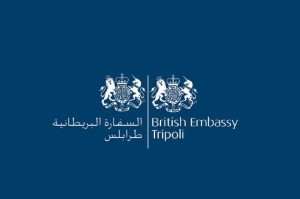The Social Peace and Local Development (SPLD) project aims to prevent, manage, and reduce community conflict by supporting a network of Social Peace Partnerships across Libya. Since the Revolution in 2011, Libya has experienced a series of political and military crises. This has led to significant, ongoing violence across the country.
The Social Peace Partnerships established in 45 municipalities across Libya act as local conflict management mechanisms. They also function as a platform to build collaborative peace initiatives. For example, by twinning with each other, Social Peace Partnerships are helping re-establish important connections between towns that have been in conflict. Social Peace Partnerships have also created pathways for women to take part in and play a leadership role in decision-making and conflict management processes locally.
Since 2023, PCi convenes Social Peace Partnerships to operate as Regional Social Peace Hubs. This enables leaders from different towns in Libya to think regionally and nationally about how to solve shared problems and building much needed networks between towns. The Hubs have demonstrated capacity to solve shared problems through building relationships between towns and between towns and national authorities.
Libya is characterised by political violence, polarisation, and instability. Since the 2011 revolution, rival authorities have been fighting over power, resulting in a constant division. The two contested governments in the east and west are a prominent example of the ongoing division. Armed groups also have significant influence, often aligning with politicians and forming alliances with other armed groups, exacerbating instability.
Furthermore, regional and international actors have been involved since Muammar Gaddafi’s overthrow, supporting and funding factions, adding complexity to the situation. The ongoing power struggle has led to dire consequences, including humanitarian crises, forced displacement, and impeded prospects for sustainable peace and development.
This project is implemented by Peaceful Change initiative, in partnership with Social Peace Partnerships across Libya:
The Social Peace and Local Development project is funded by the UK Foreign, Commonwealth & Development Office.
